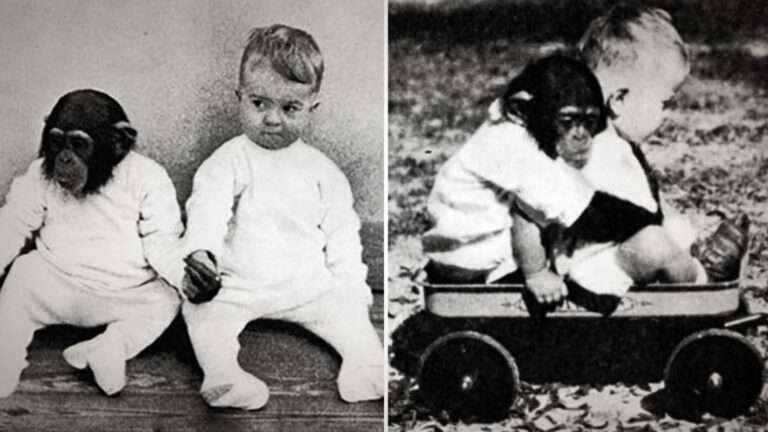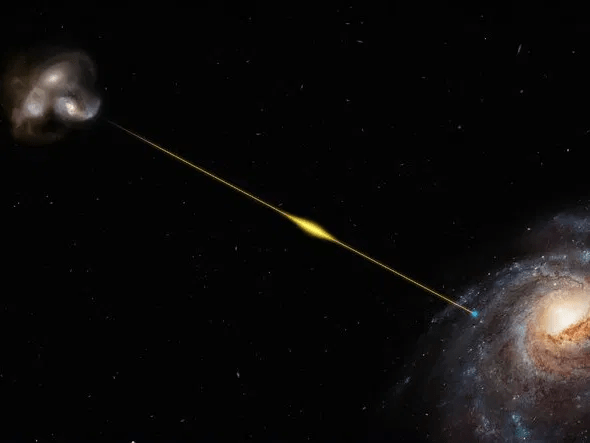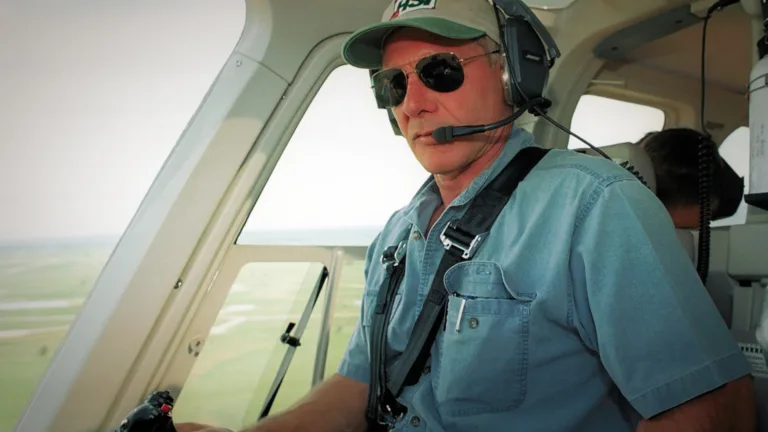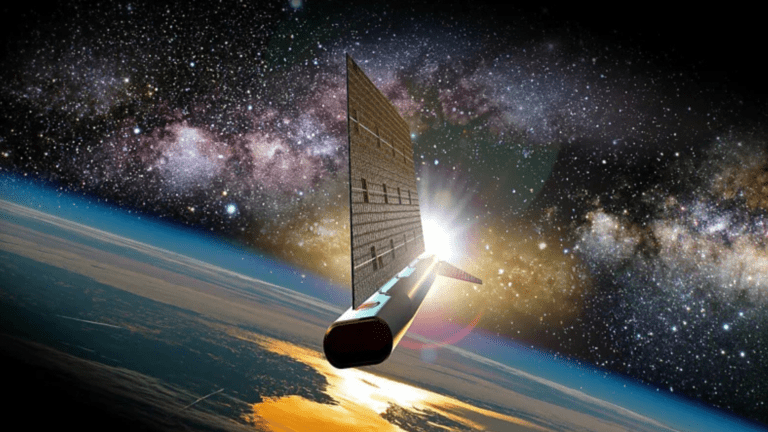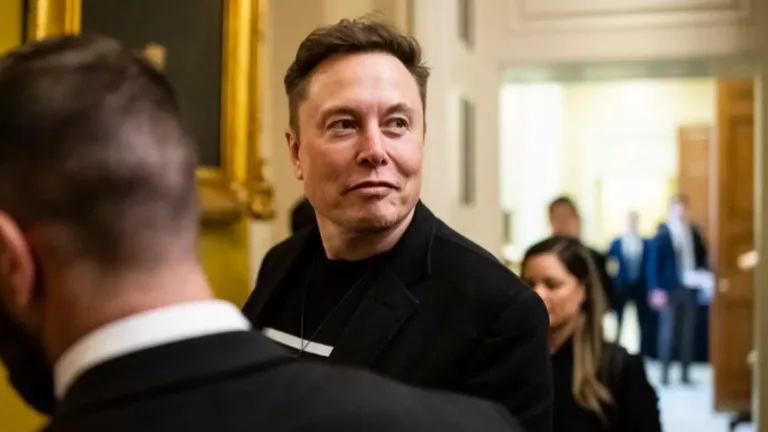Bill Gates believes only these three jobs will survive AI taking over workplaces!
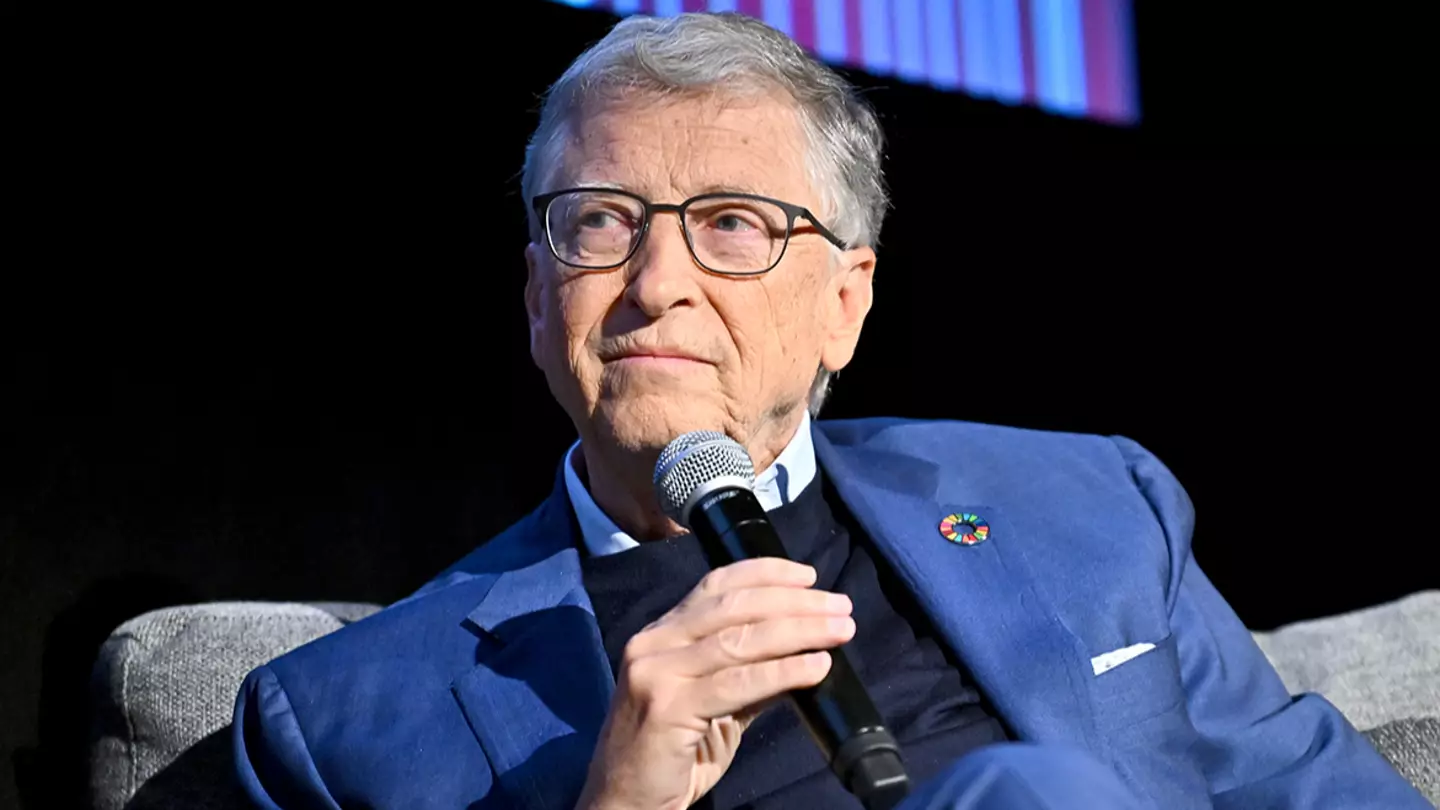
A Warning from Bill Gates
As artificial intelligence (AI) rapidly advances, many industries are facing an uncertain future. Bill Gates, the billionaire tech mogul, has shared a rather bleak prediction about the future of work in an AI-dominated world. While AI’s growing presence is exciting, it also raises significant concerns about job security and the impact on traditional roles. According to Gates, as AI becomes increasingly ingrained in society, numerous jobs may become obsolete, potentially reshaping the workforce in unsettling ways.
AI’s Role in the Workforce: Jobs at Risk
AI’s ability to perform tasks previously done by humans is impressive, but Gates warns that this could lead to mass job displacement. Many roles, particularly those involving repetitive tasks or routine decision-making, may be automated, leaving workers in a precarious position. While AI can generate code and assist in various processes, it still requires human oversight. Gates points out that people will need to monitor AI systems, fix bugs, and build even more advanced technologies to ensure continued progress. In this sense, AI will need humans to build and manage other AI an ironic twist in the technological revolution.
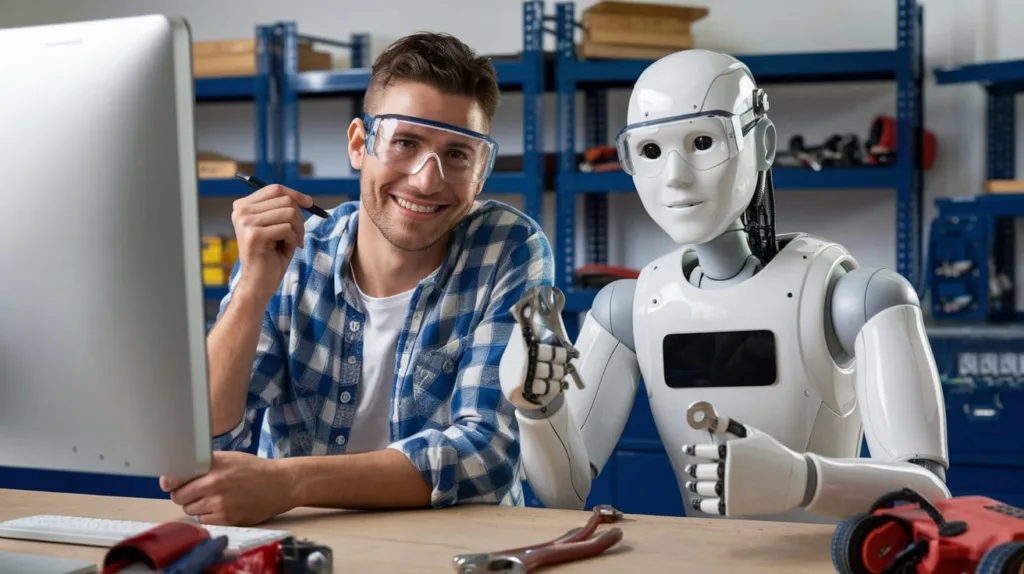
The Energy Sector: Too Complex for AI?
One area where Gates believes AI won’t fully take over is the energy sector. Whether in oil, nuclear, or renewable energy, the complexities of managing these industries require strategic thinking, expertise, and human insight. Gates argues that engineers, researchers, and technicians will remain indispensable to the sector, as AI lacks the nuanced understanding required to navigate the challenges these industries face. Human innovation will continue to drive the future of energy, as AI can’t replace the strategic decision-making that goes into solving the world’s energy problems.
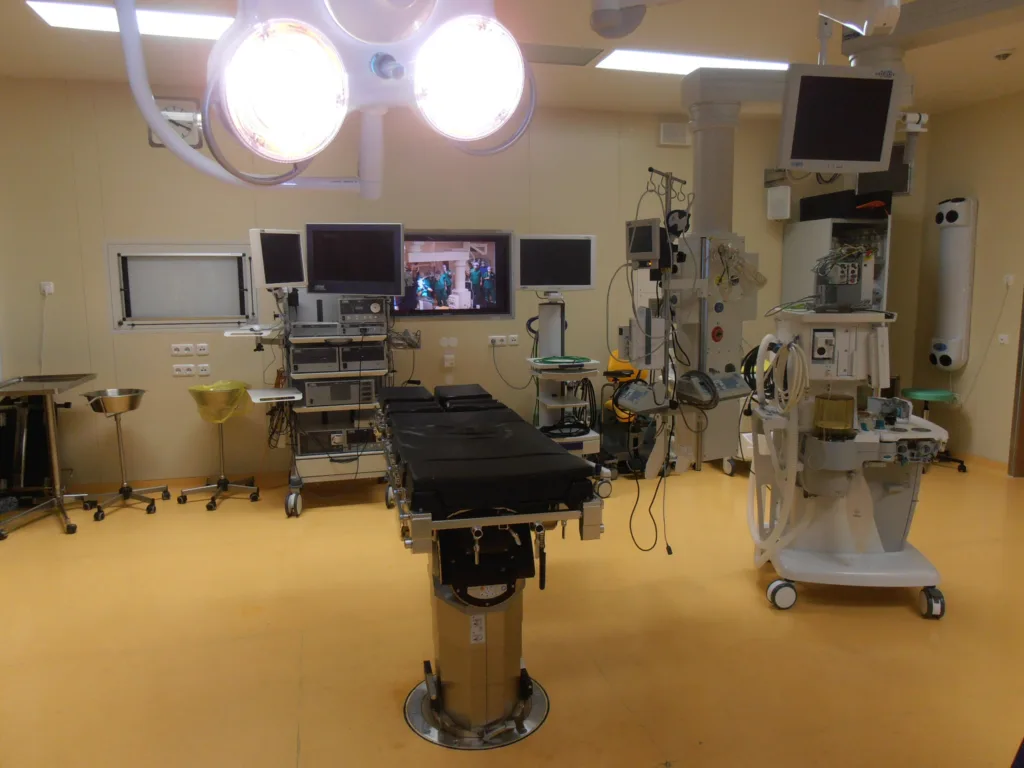
Biology and Medicine: Tools, Not Creators
Gates also discussed the role of AI in biology and medicine, where the technology can be incredibly useful but not a complete substitute for human expertise. AI is already being used to analyze medical data, diagnose diseases, and assist in scientific research. However, the creativity and ingenuity required for groundbreaking discoveries remain uniquely human. Biologists will continue to lead the charge in understanding complex biological processes, with AI serving as a tool to enhance their work rather than replacing them entirely.
A Future Shaped by AI
While Bill Gates acknowledges that AI could surprise us, he believes its integration into society will likely reshape everyday life in profound ways, much like the industrial revolution and the rise of the internet. However, if AI doesn’t become the dominant force many expect, we can all take solace in the fact that we were right all along AI was just a passing trend. Regardless of how the future unfolds, one thing is clear: AI will significantly impact our lives, for better or worse.

